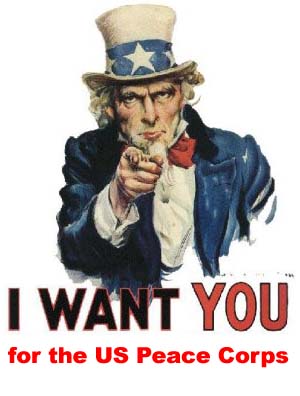Why anthropology of sinner falls short
One of the aspects of the Christian anthropology is that humans are sinners. And we are. We participate in sin both knowingly and unknowingly. We all have fallen short and are sinners.
And being defined as a sinner means that religion is constantly trying to get people to "stop" sinning. If humans would just stop sinning, then we would all be better off.
The Ten Commandments have a number of "stop" commandments. They are the "thou shall not" commandments.

Kill.
Steal.
Commit adultery.
These are the commandments that remind us that we would be better off if we stopped doing these behaviors. And we would.
But it is not enough to just stop sinning. The kingdom of God is not going to be realized if we just stopped sinning. As they say, peace is not the absence of violence.
The anthropology of human as sinner just falls short.
Which is why humans need to develop an anthropology of human as saint.
When we develop an anthropology of human as saint, we will discover that sainthood requires that we do something.
The Ten Commandments have a number of "do" commandments.
Remember who is God.
Honor parents.
Keep sabbath holy.
When we take seriously the development of human as saint in connection with human as sinner we will no only teach people what we should stop doing, but we will also teach people what we should be doing.
So, Church, let us admit that our anthropology of sinner has monopolized our time and we need to develop our anthropology of saint.
And being defined as a sinner means that religion is constantly trying to get people to "stop" sinning. If humans would just stop sinning, then we would all be better off.
The Ten Commandments have a number of "stop" commandments. They are the "thou shall not" commandments.

Kill.
Steal.
Commit adultery.
These are the commandments that remind us that we would be better off if we stopped doing these behaviors. And we would.
But it is not enough to just stop sinning. The kingdom of God is not going to be realized if we just stopped sinning. As they say, peace is not the absence of violence.
The anthropology of human as sinner just falls short.
Which is why humans need to develop an anthropology of human as saint.
When we develop an anthropology of human as saint, we will discover that sainthood requires that we do something.
The Ten Commandments have a number of "do" commandments.
Remember who is God.
Honor parents.
Keep sabbath holy.
When we take seriously the development of human as saint in connection with human as sinner we will no only teach people what we should stop doing, but we will also teach people what we should be doing.
So, Church, let us admit that our anthropology of sinner has monopolized our time and we need to develop our anthropology of saint.
Applauding sacrificial service
When a military person stands, we all clap. Even those who are pacifist will clap because they recognize the sacrificial service - even if the person is actually against war all together.
We applaud those who serve our world and nation in ways that are "above and beyond". We would want our children to be willing to work in the world for causes that transcend the individual. Values such as service, freedom, selflessness, justice and hope are values that we all can affirm. Which is why we clap when the military stands up.
I wonder why we do not have the same sense of applause when someone in the Peace Corps stands up?
All cooks are hypocrites!
I have heard it time and time again that many people do not like Christians because they are all hypocrites. Christians say one thing (love all people) but then do another (picket funerals). Christians say they forgive people but then they go ahead and hold grudges forever. So many people have decided that they give up being Christian because of this hypocritical behavior that is observed in a select few.
Whelp if that is the case then you might just want to give up cooking.
This little gem of a business will offer you dirty dishes alongside the food you ordered for authenticity sake.
That is right. For those of us who want the joy of cooking without actually cooking but still ensuring others believe you cook - you too can have dirty dishes delivered to your home to give the impression that you slaved over the meal.
The thing is, no one is going to look at this and say, "well, I know that some people will say they cook but actually don't therefor I will give up cooking because all cooks are hypocrites." This is silly.
Christians are not hypocritical - human beings are hypocritical. It just turns out that all Christians are human.
Whelp if that is the case then you might just want to give up cooking.
This little gem of a business will offer you dirty dishes alongside the food you ordered for authenticity sake.
That is right. For those of us who want the joy of cooking without actually cooking but still ensuring others believe you cook - you too can have dirty dishes delivered to your home to give the impression that you slaved over the meal.
The thing is, no one is going to look at this and say, "well, I know that some people will say they cook but actually don't therefor I will give up cooking because all cooks are hypocrites." This is silly.
Christians are not hypocritical - human beings are hypocritical. It just turns out that all Christians are human.

Be the change by Jason Valendy is licensed under a Creative Commons Attribution-NonCommercial-ShareAlike 3.0 Unported License.
